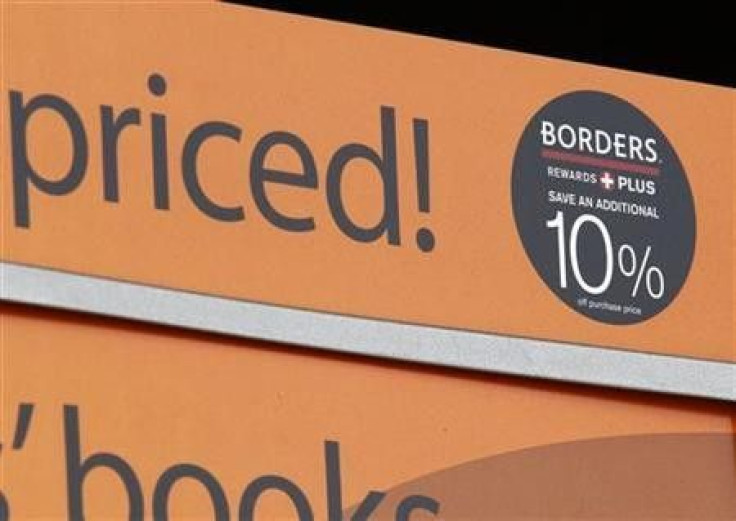Borders Liquidation: Sales Looming?

Borders is closing. But it's not all bad news. Buzz about liquidation sales is mounting.
Following the best efforts of all parties, we are saddened by this development, said Borders President Mike Edwards. The headwinds we have been facing for quite some time, including the rapidly changing book industry, eReader evolution, and turbulent economy, have brought us to where we are now.
Sure, there are some 400 stores closing nationwide, already down from what was roughly 1,000 throughout the 1990s. And well over 10,000 Americans will lose their jobs at a time when unemployment in the United States is floating between nine and ten percent.
Borders is the second-largest bookstore chain in the nation, behind Barnes and Nobles.
Despite a search for bidders to keep the company together after filing for bankruptcy in February of this year, the company is saying it's final chapter is soming to a close.
Although the close may mean hard times for many American workers and an exacerbated burden on the nation's unemployment, some are talking big deals in the store's pending liquidation sales.
Borders could start liquidation this week, according to one AP article, hinting at potential blowout deals.
Customers may enjoy sales on not only books, DVDs and CDs -- all of which are now available in digital form at iTunes, on Netflix or on Kindles -- furniture may also be on the auction block.
Earlier this year, one Borders branch closed on 57th and Park. Liquidation meant 30 to 50 percent blowout sales.
One IBTimes journalist reports that the store was even selling furniture.
Borders has struggled for years. The company opted for a decade to avoid developing its own online bookstore, as did Barnes and Noble, America's largest bookstore chain, partnering for many years with Amazon instead before launching its own online bookstore in the past year. That move was viewed by many industry observers as costly to Borders' future.
© Copyright IBTimes 2024. All rights reserved.











